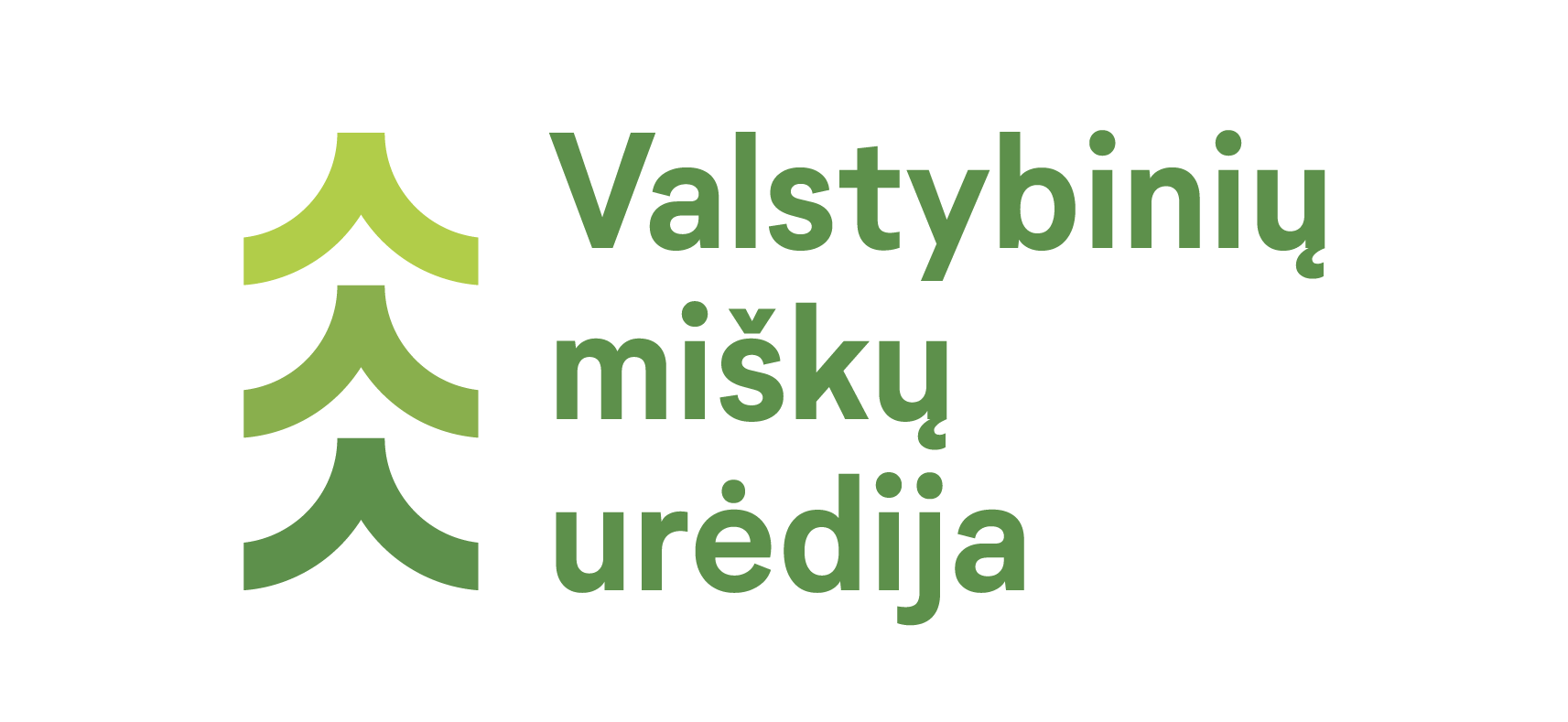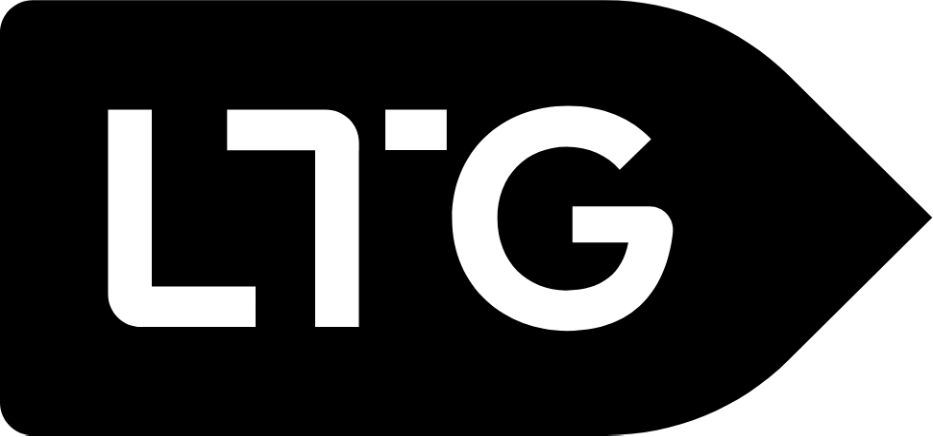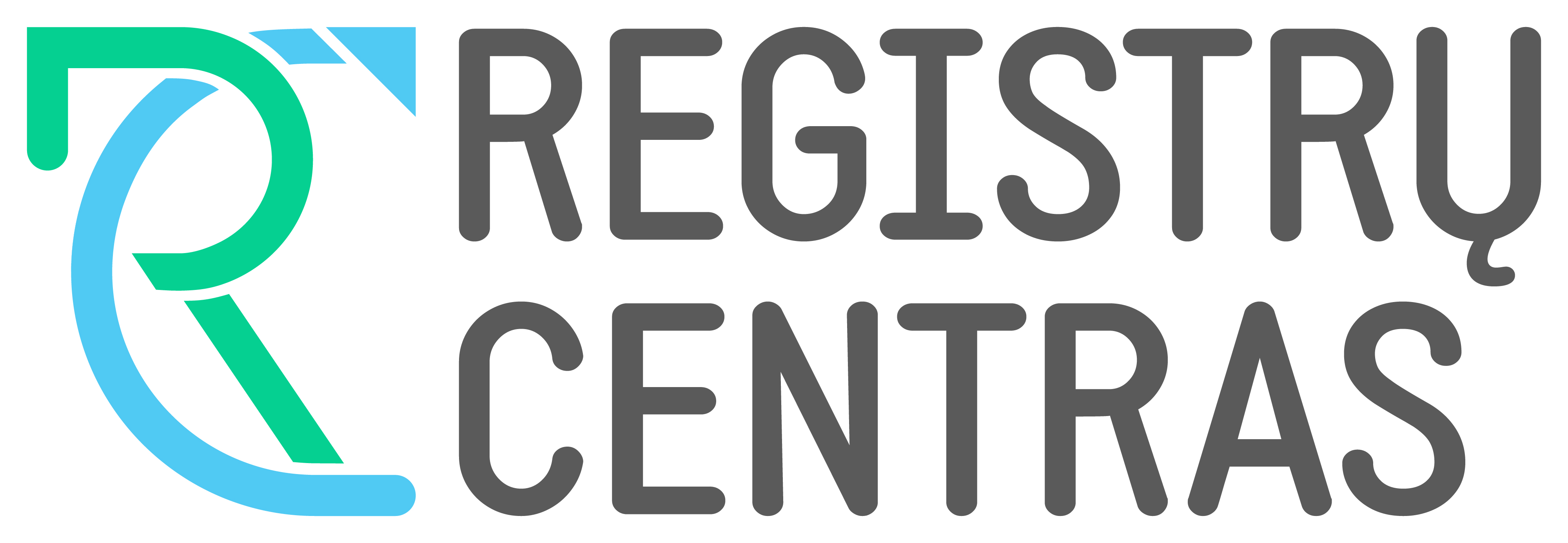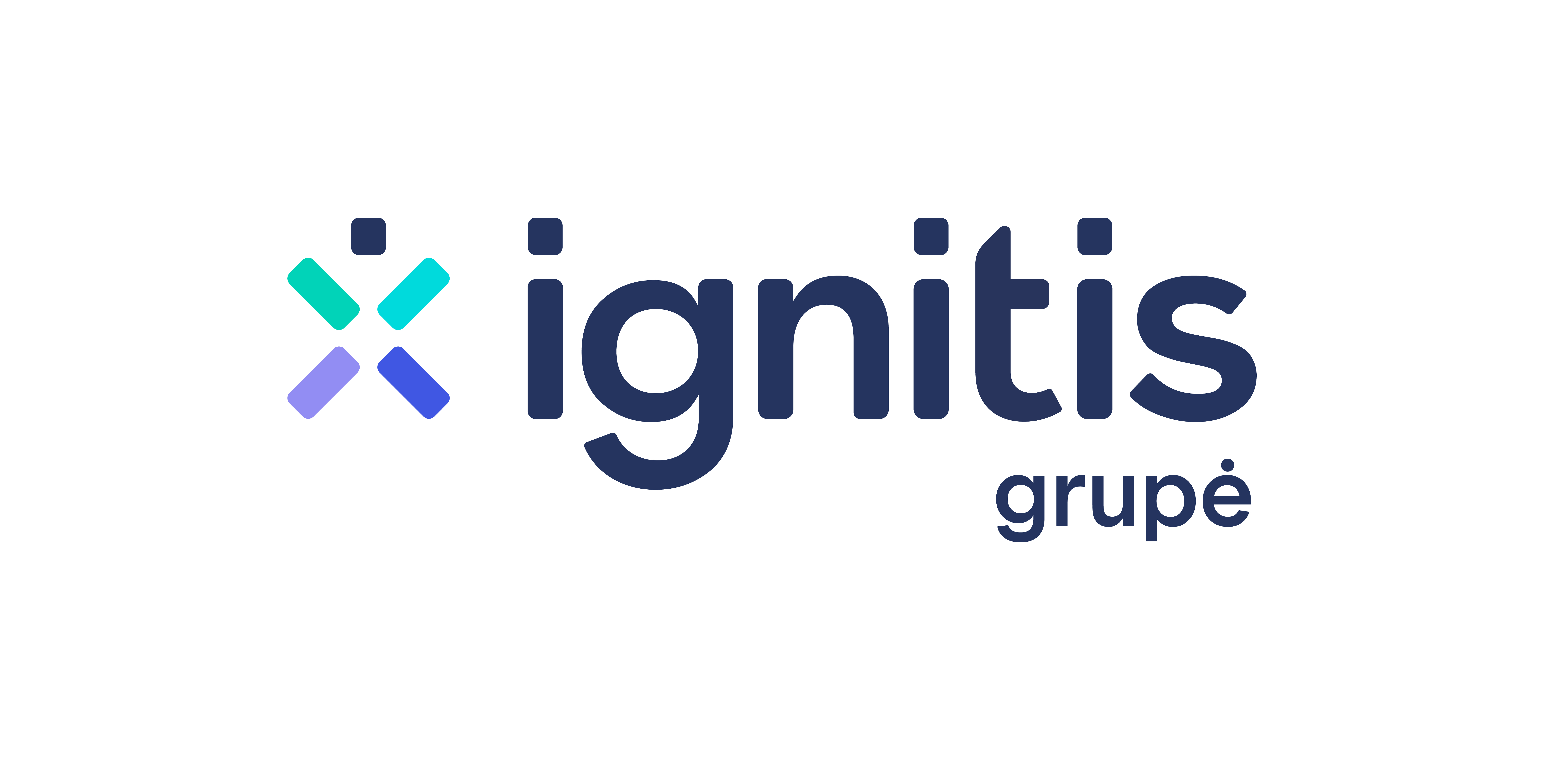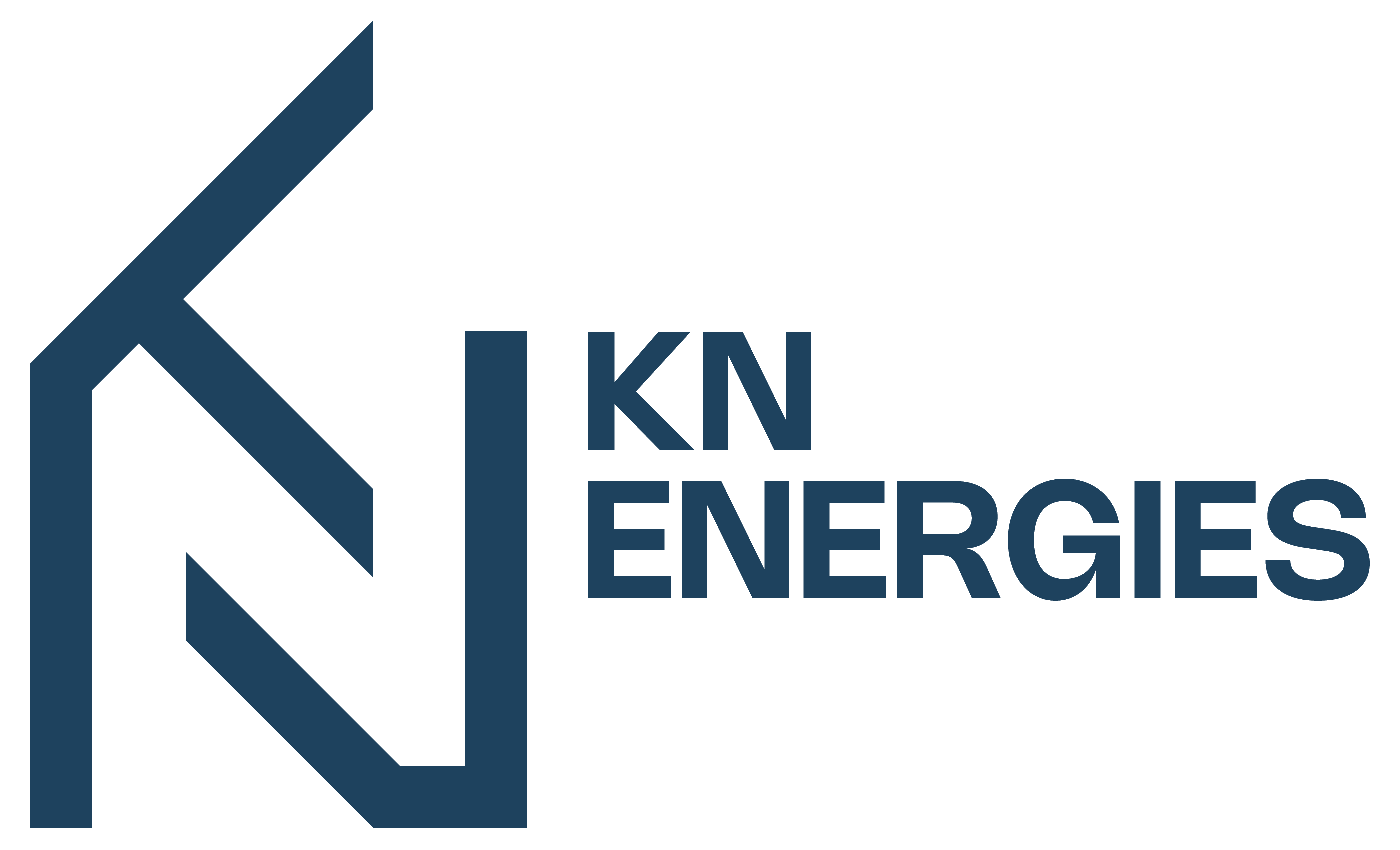In 2024, the financial part of the strategy was implemented most successfully by companies in the energy sector, while the non-financial part was best implemented by companies in the registry sector
In 2024, 75% of state-owned enterprises (SOEs) successfully achieved all of their financial objectives, while 81% achieved their non-financial objectives, according to the latest assessment of SOE strategic action plan implementation conducted by the Governance Coordination Centre (GCC). However, a significant number of companies significantly exceeded the set target values for certain indicators. This suggests that the ambitions set when formulating goals and objectives are still insufficient.
The GCC assessed the implementation of strategies of 31 SOEs in total and found that, following the annual recommendations provided by the GCC, SOEs tended to reduce the number of one-off strategic tasks, thus optimizing their strategic objectives and task maps.
For example, if in 2023 the highest number of strategic goals set by a single SOE exceeded 100, in the reporting year the SOE with the most goals set only 45.
The energy sector achieved the most financial objectives – as much as 87% of all set financial targets – while the registry sector achieved 91% of non-financial targets. The agricultural sector continues to perform the worst in implementing strategic action plans: companies in this sector achieved only 52% of financial and 58% of non-financial objectives.
“There were no general trends or reasons last year, such as the previous COVID-19 pandemic or the energy price crisis, that could have significantly affected individual sectors. Summarizing the results of the 2022–2024 period, it can be stated that two-thirds of SOEs successfully achieved all long-term financial indicators set by the Government. This demonstrates the consistent and focused efforts of companies to achieve higher operational efficiency standards and better public asset management,” notes Jurgita Bagdonienė, Acting Head of the GCC.
The companies AB Smiltynės perkėla and UAB Toksika successfully implemented their strategic goals and objectives in 2024, both receiving the highest possible evaluations. The AB Lietuvos geležinkeliai (Lithuanian Railways) group also performed very well overall, receiving an almost maximum score of 9.93 points.
The energy sector also stood out, especially the companies EPSO-G and Ignitis Group, which are implementing projects of national importance for Lithuania. Despite external factors possibly affecting their results, EPSO-G achieved 100% of its financial and 74% of its non-financial objectives, while Ignitis Group achieved 88% and 83%, respectively.
Meanwhile, the worst-performing companies in implementing strategic goals and objectives were Lietuvos veislininkystė and Lietuvos žirgynas, each achieving only one of their set financial goals.
Bagdonienė points out that although as many as 24 SOEs successfully achieved long-term profitability goals over the 2022–2024 period, more than half of the companies exceeded the set target values by more than 150%. This raises questions about the level of ambition when planning indicators.
“In some cases, the goals were formulated too conservatively, and the actual results far exceeded expectations. For example, AB Lietuvos paštas planned that its return on equity (ROE) would reach 3% in 2024, but due to asset sales and compensation for regulated activity losses, the actual ROE reached 8.3%,” comments Bagdonienė.
She adds that such examples reveal a lack of strategic planning in some SOEs: the companies’ potential and the dynamics of the operating environment are not sufficiently taken into account. Therefore, there is a need to review planning practices and strengthen the control of goal setting to ensure greater efficiency, transparency, and strategic justification in meeting state expectations.
The GCC has been evaluating the implementation of long-term financial shareholder expectations and specialized short-term financial and non-financial indicators of SOEs for the third consecutive year. These indicators were established based on a new performance measurement framework introduced in 2022.
As every year, the GCC has prepared conclusions and recommendations on SOE strategic planning and goal implementation, which have been submitted to the Ministry of the Economy and Innovation.

